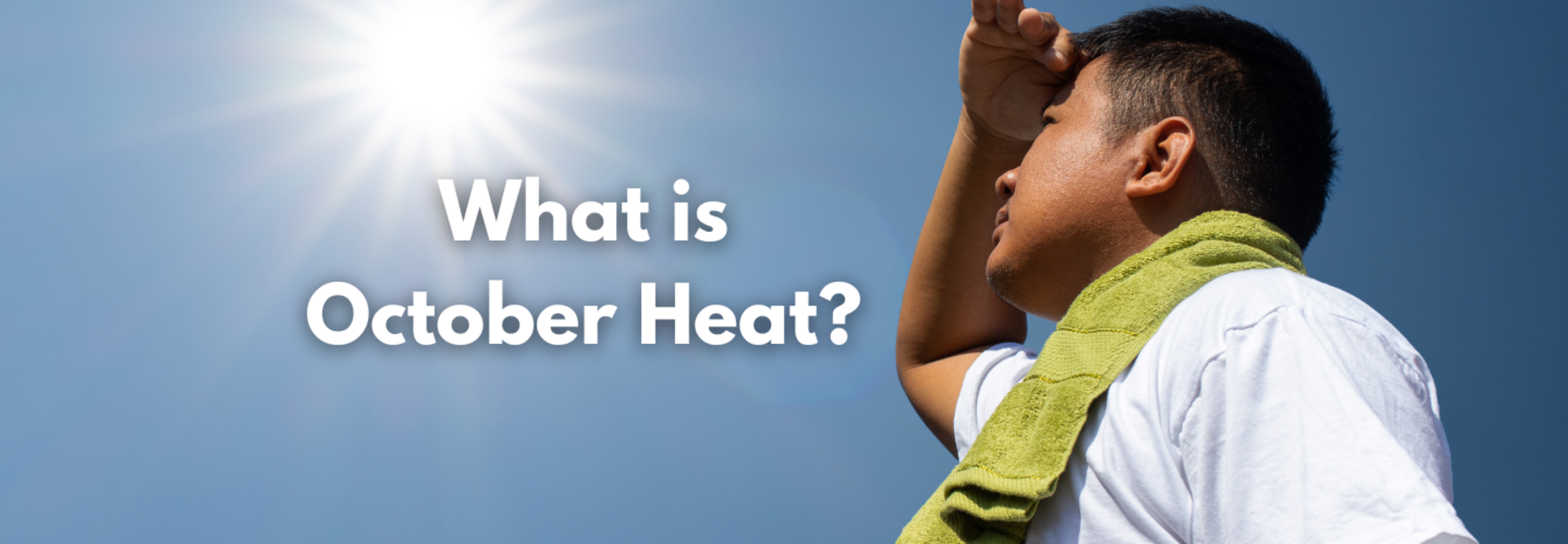October Heat: What It Is And How Can It Affect You

October Health (Credit-Canva)
SummaryOctober heat is characterized by an unusual spike in temperatures after the monsoon season. This phenomenon affects areas like North India, Maharashtra, and Gujarat. Here is what you need to know about it
End of Article
